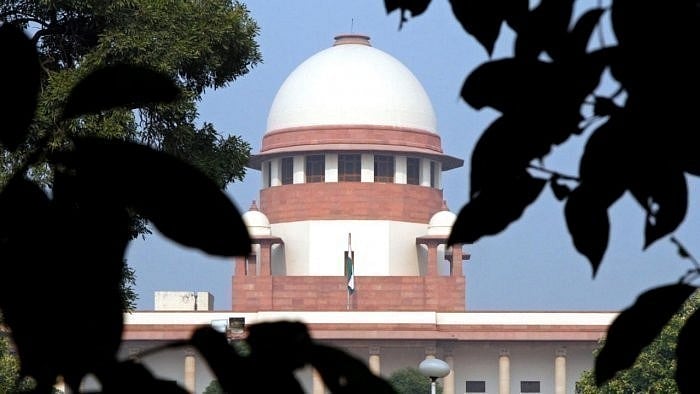
The Supreme Court of India.
Credit: PTI File Photo
New Delhi: The Supreme Court on Friday declined to consider a plea seeking initiation of contempt proceedings against authorities in Sambhal for alleged violation of the apex court's verdict on demolition of properties.
A bench of Justices B R Gavai and K Vinod Chandran asked the lawyer appearing for petitioner Mohammed Ghayoor to approach the high court.
"We find that the issue can be best addressed by the jurisdictional high court. We, therefore, dispose of the present petition with liberty to the petitioner to approach the jurisdictional high court," it said.
The petitioner's counsel said, "In the meantime, third party interest may not be created in my property."
The bench, however, said, "Go and file a prosecution. We had issued all necessary directions".
The court said in its November 13, 2024 verdict, it gave liberty that if there was any breach, the jurisdictional high court would be entitled to entertain the grievance.
In his plea filed through advocate Chand Qureshi, the petitioner has alleged violation of the November 13 last year verdict of the top court which laid down pan-India guidelines and said no property should be demolished without a prior showcause notice and the affected must be given 15 days to respond.
The plea claimed that authorities in Sambhal in Uttar Pradesh had bulldozed a part of the petitioner's property on January 10-11 without giving any prior notice and opportunity to him or his family members.
"The petitioner states that he and his family members had all the necessary documents, approved maps and other related documents of the property but, the contemnors came to the premises of the petitioner property and started demolishing the said property," the plea said.
In a slew of directions, the court had made clear that they would not be applicable if there was an unauthorised structure in a public place such as road, street, footpath, abutting railway line or any river or water bodies and also in cases where there was an order for demolition made by a court of law.
